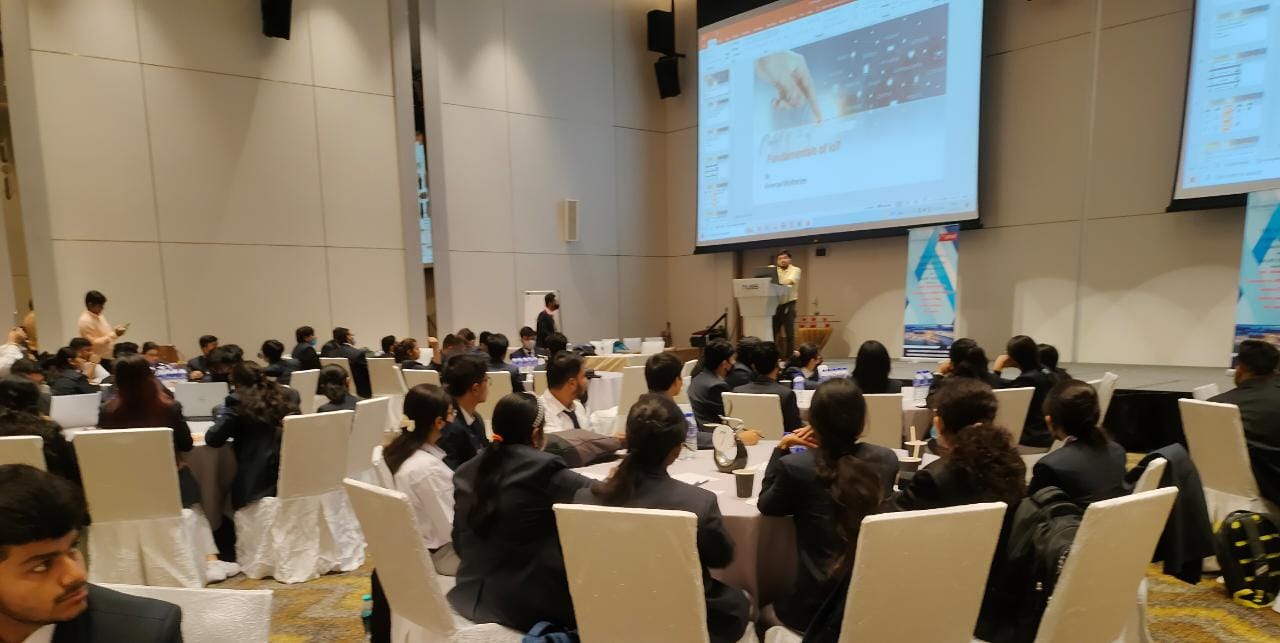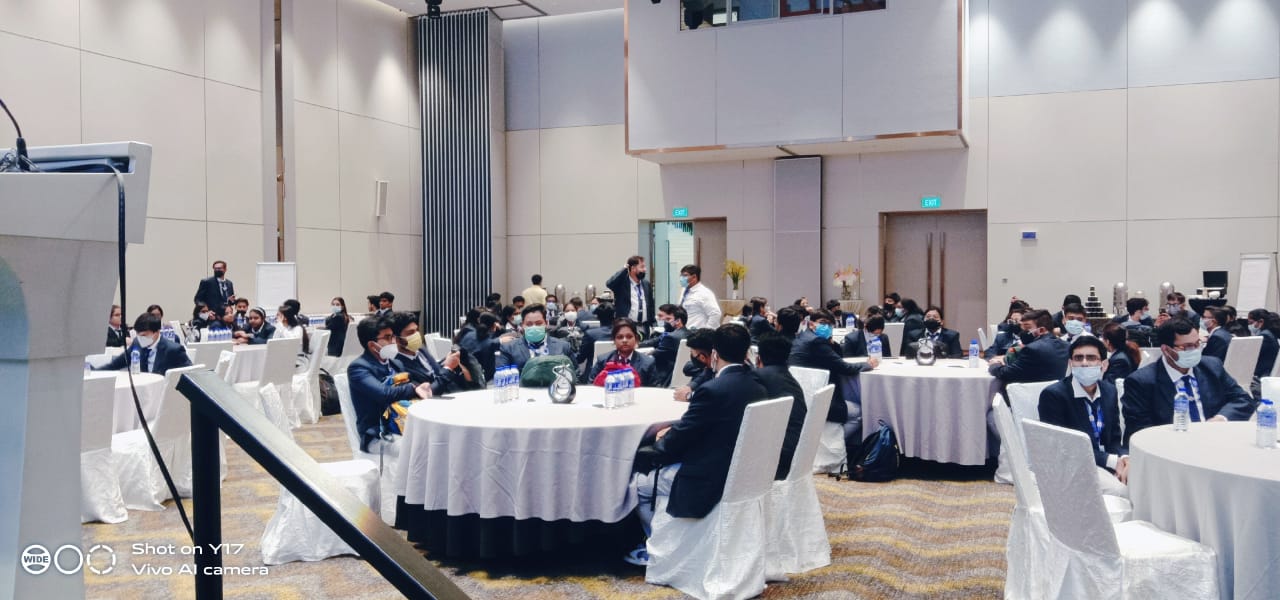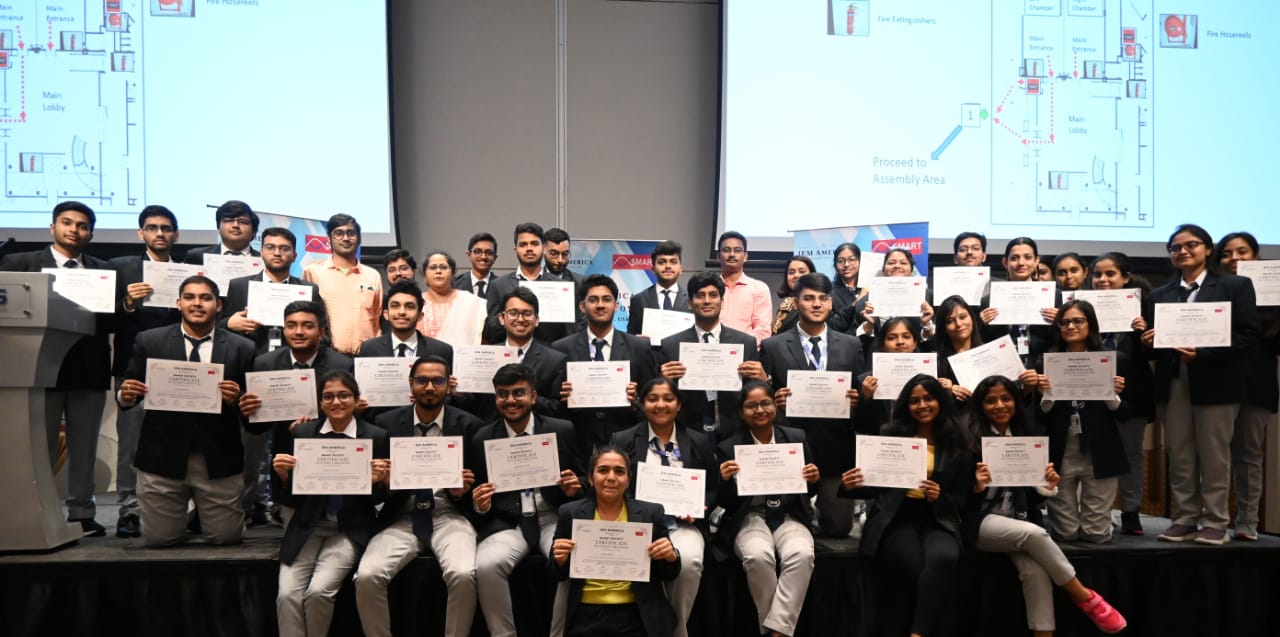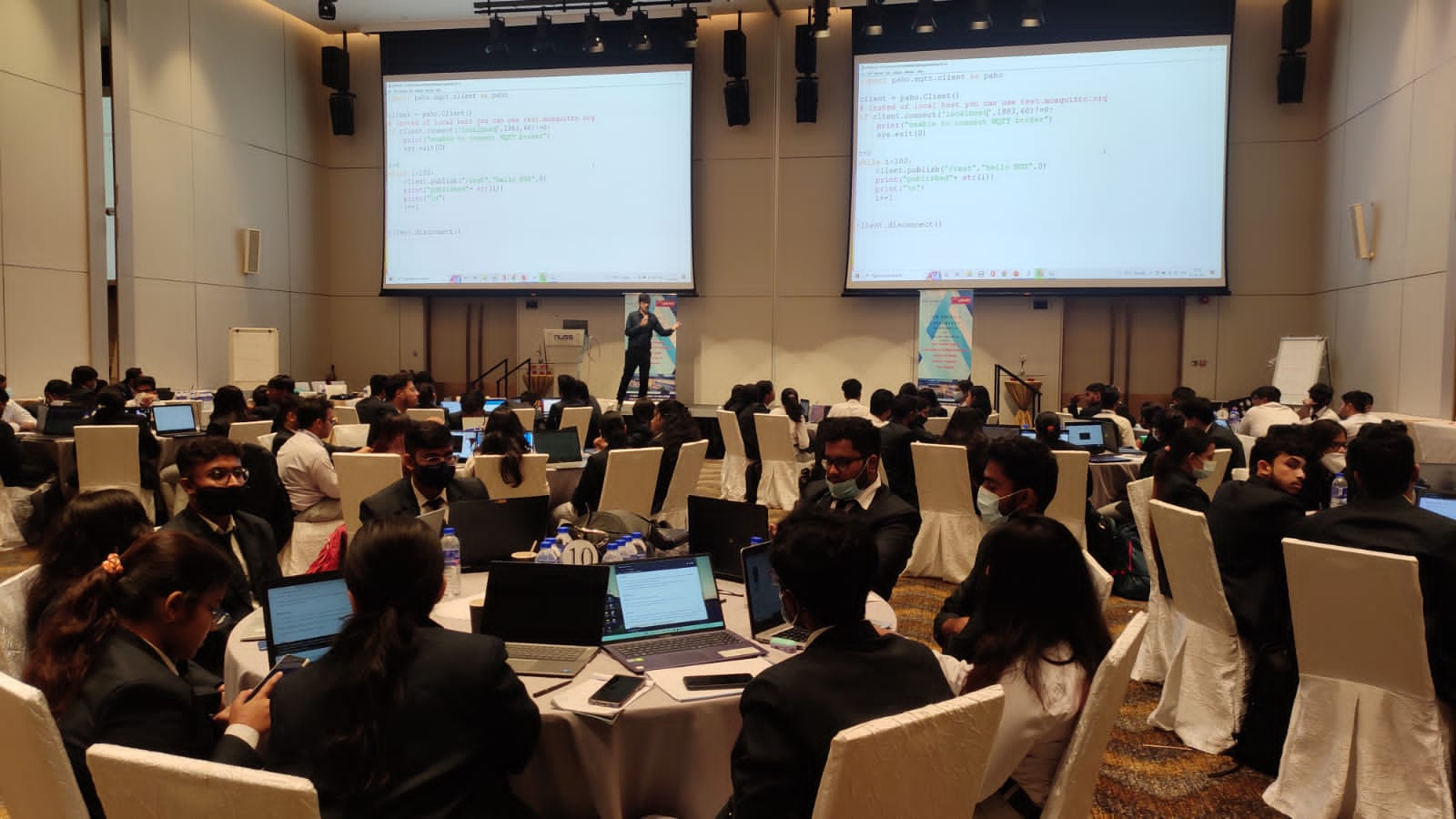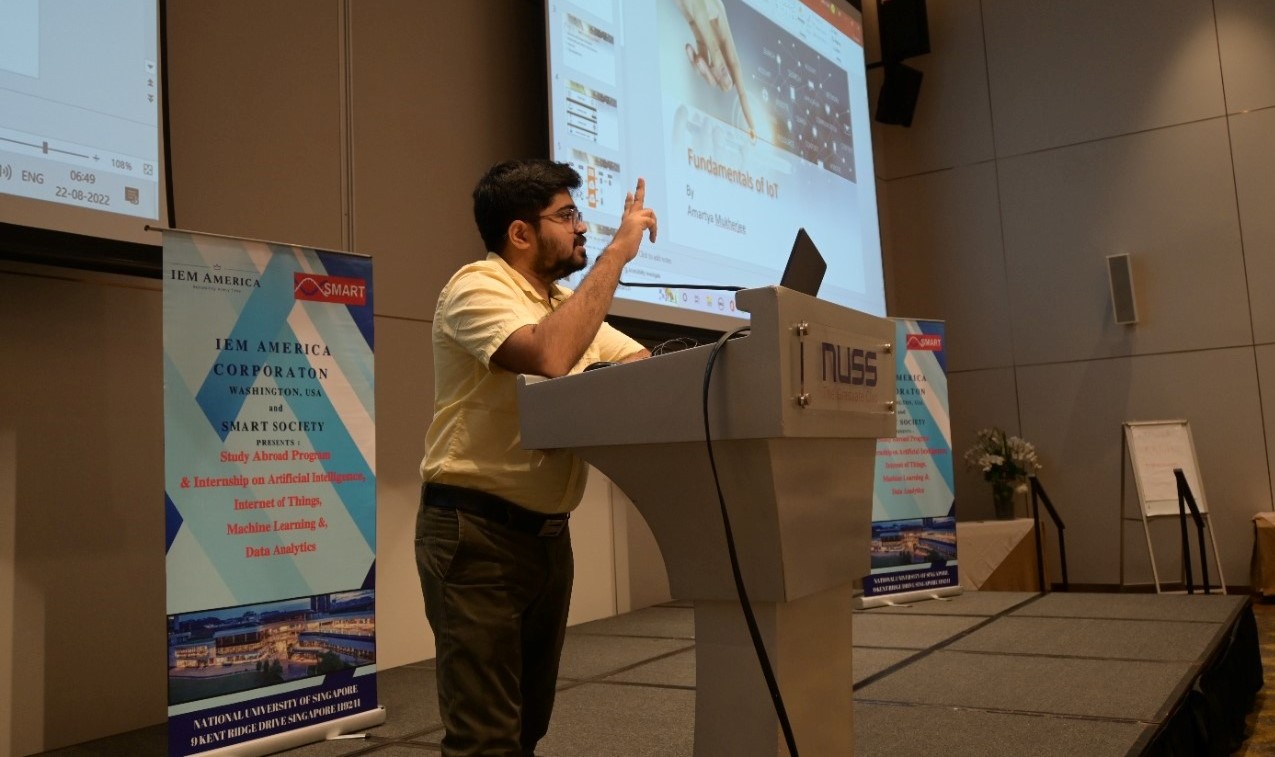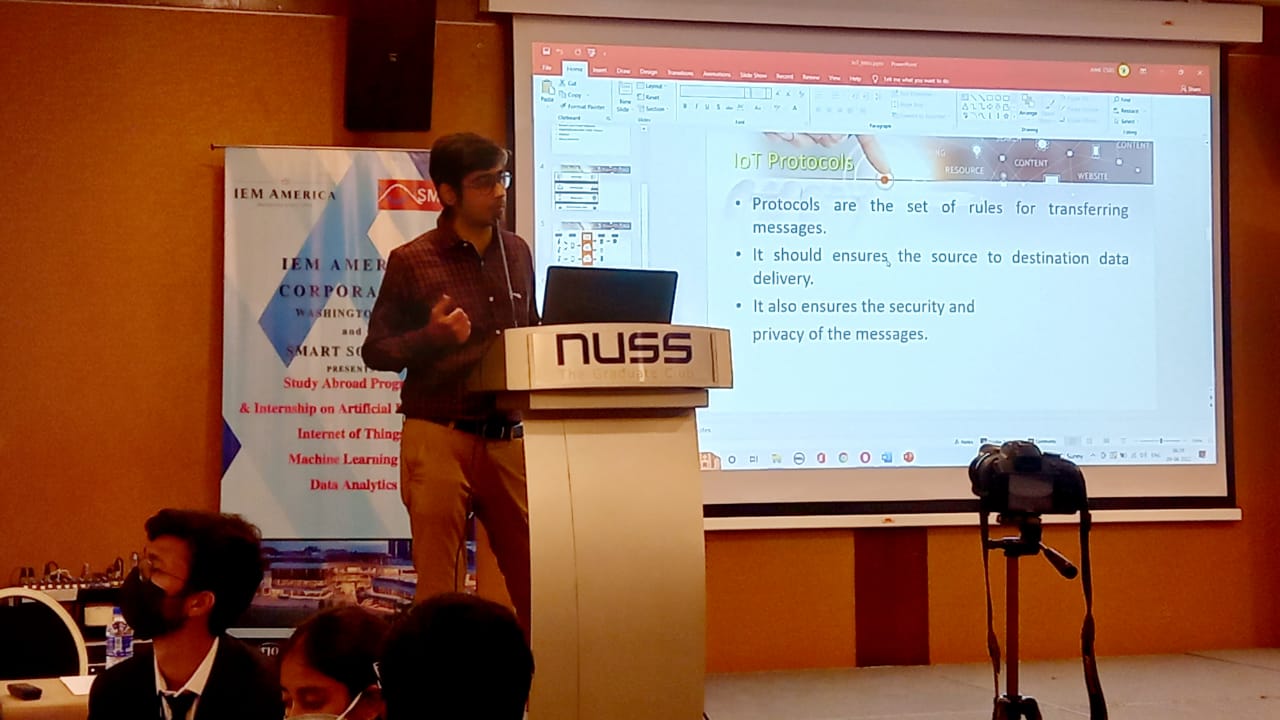1. Introduction to Data Science (2 hours)
- What is Data Science?
- The Data Science Life Cycle
- Role of Data Science in AI and IoT
- Overview of Data Analysis, Data Wrangling, and Visualization
2. Data Exploration and Preprocessing (2 hours)
- Types of data: Structured, Unstructured, and Semi-structured
- Handling Missing Data
- Data Normalization, Feature Engineering, and Feature Selection
- Data Preprocessing using Pandas (Hands-on demo)
3. Data Visualization (2 hours)
- Introduction to Data Visualization
- Tools: Matplotlib, Seaborn, and Plotly
- Visualizing different types of data: Time Series, Categories, Histograms, Box Plots
- Creating interactive visualizations for IoT/AI data (Hands-on session)
4. Statistical Analysis for Data Science (2 hours)
- Descriptive Statistics: Mean, Median, Mode, Standard Deviation
- Inferential Statistics: Hypothesis Testing, p-values, Confidence Intervals
- Correlation and Causation
- Hands-on demonstration using Python libraries (NumPy, SciPy)
5. Machine Learning in Data Science (2 hours)
- Overview of Supervised vs. Unsupervised Learning
- Key algorithms for Data Science: Linear Regression, Decision Trees, Clustering (K-means), and Dimensionality Reduction (PCA)
- Hands-on session: Using Scikit-learn to build predictive models
6. Big Data and Data Science (2 hours)
- Introduction to Big Data Concepts
- Technologies used in Big Data: Hadoop, Spark, and NoSQL databases
- Data Processing in Big Data Environments
- Handling large-scale IoT or AI data sets
